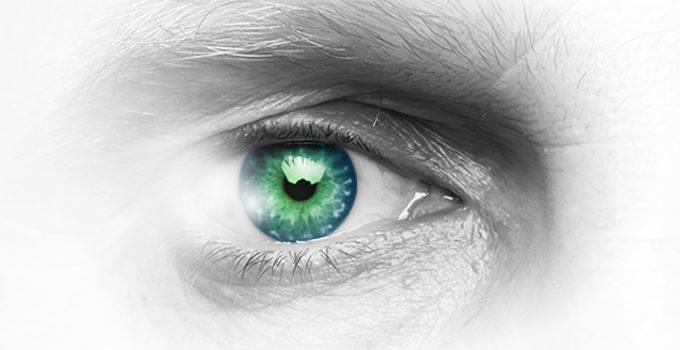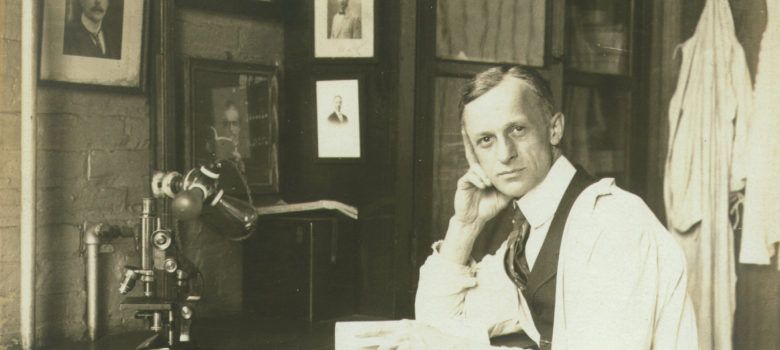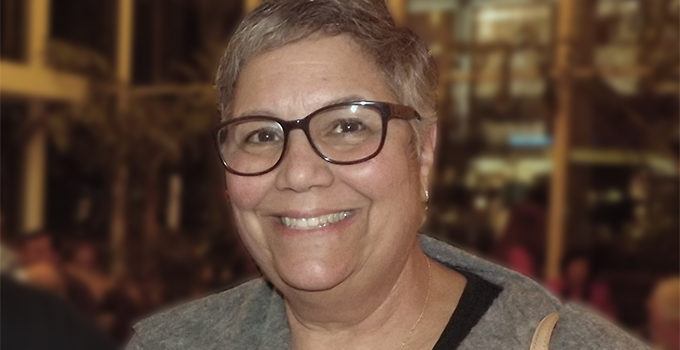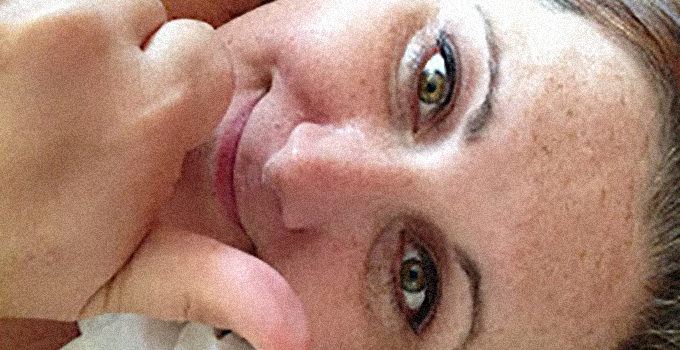
Blog
PATIENT STORY: Endocrine-Inactive Pituitary Macroadenoma
by Amy Eisenberg
All In A Day’s Work In July 2015, Brent B. noticed that he was losing his peripheral vision and made an appointment with an ophthalmologist. After a battery of tests, his doctor determined that he should see a neuro-ophthalmologist. He found that Brent had damage to a portion of his optic nerve and an MRI...
Travel Checklist for People with Cancer
by Zara Jethani
It’s time for a vacation! Taking a break can be rejuvenating and provide a lovely change of scene. Whether taking a trip a few miles away or across the country (or globe), people traveling with cancer can make their journey more enjoyable with these plan-ahead tips. General travel considerations:...
The Pacific Neuroscience Institute Website is Here!
by Daniel F. Kelly
We are very excited to announce the launch of the new Pacific Neuroscience Institute website, www.PacificNeuro.org Since 2007, the Pacific Brain Tumor Center & Pituitary Disorders Program has been focused on providing comprehensive care and minimally invasive treatment of brain, skull base and pituitary tumors. Over...
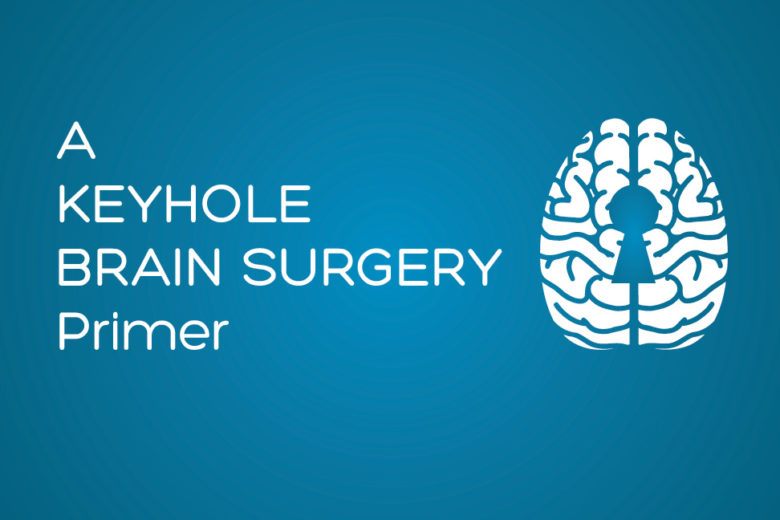
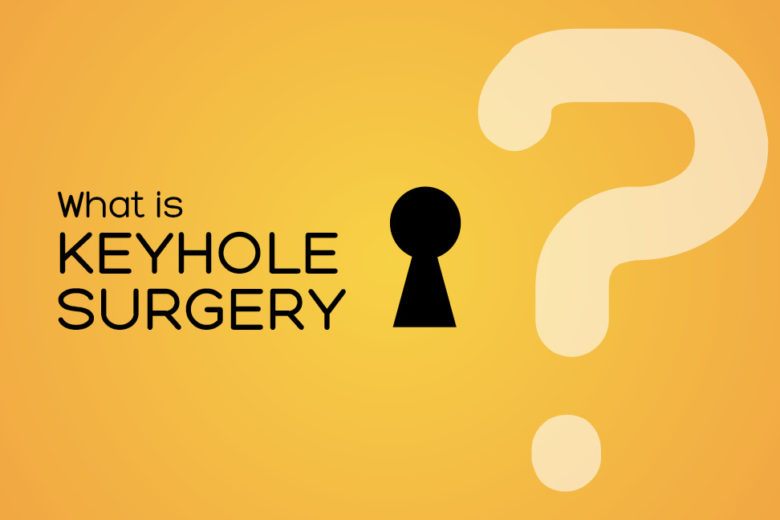
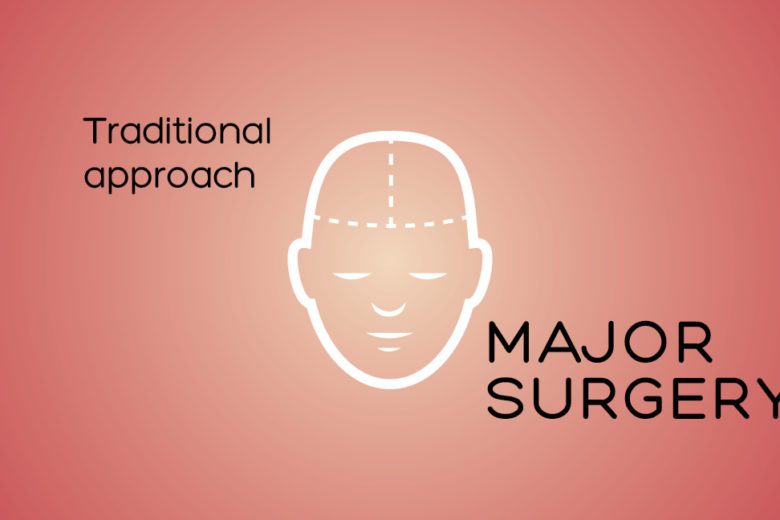
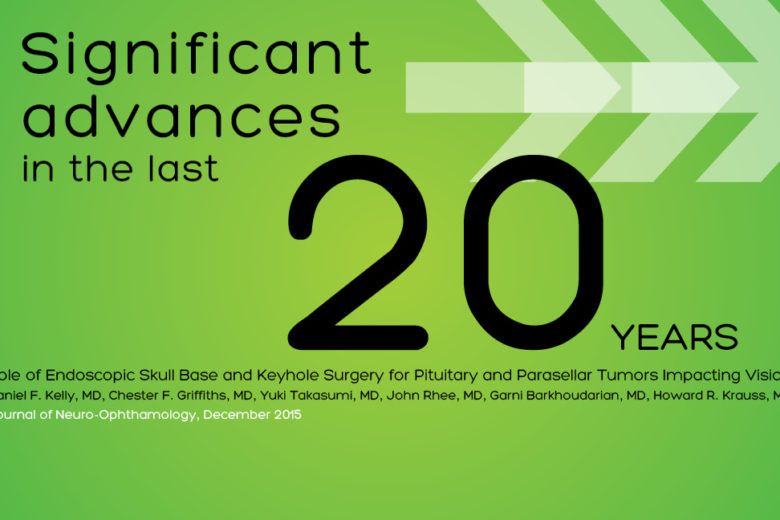
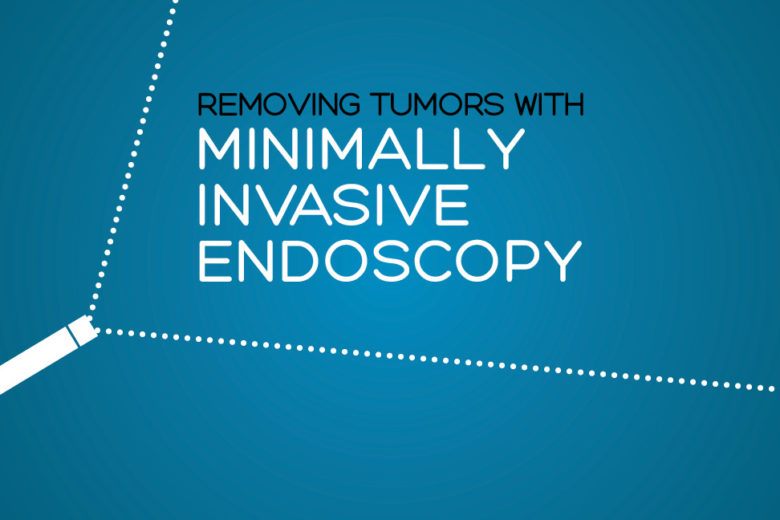
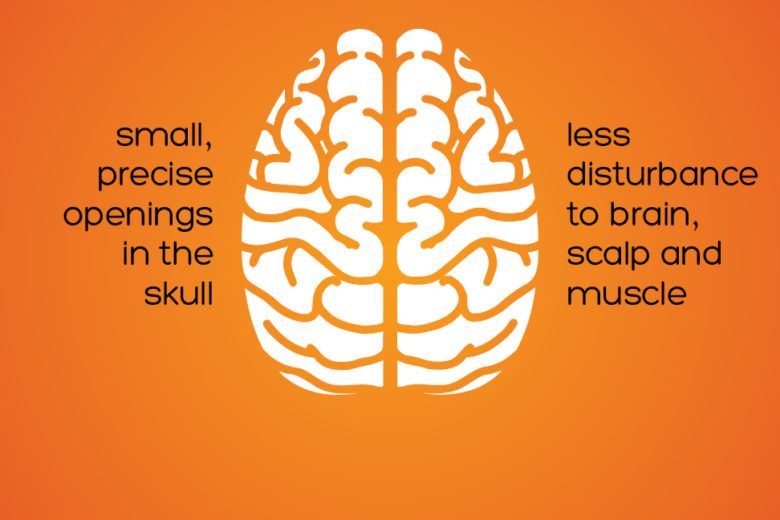
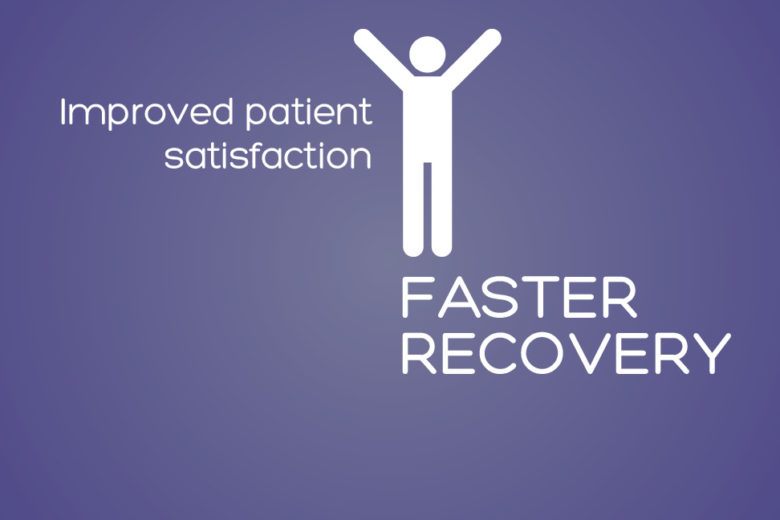
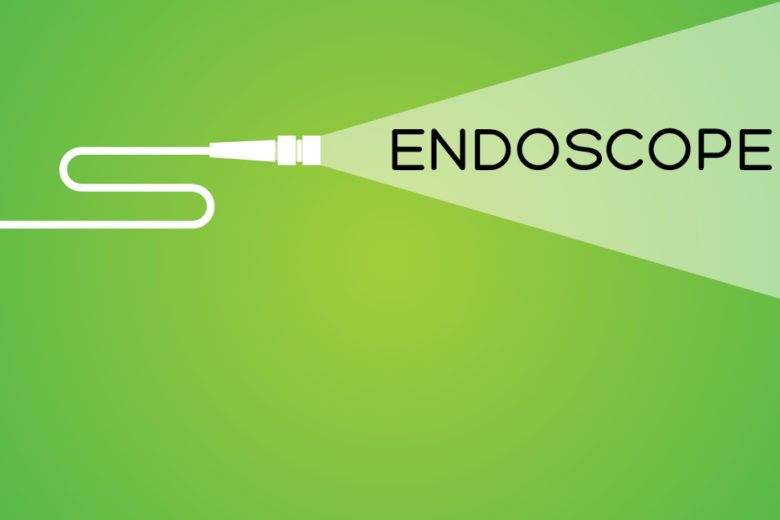
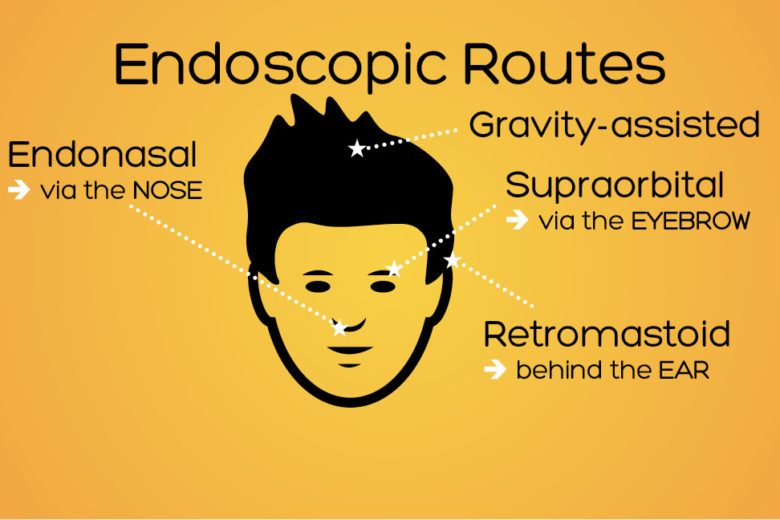
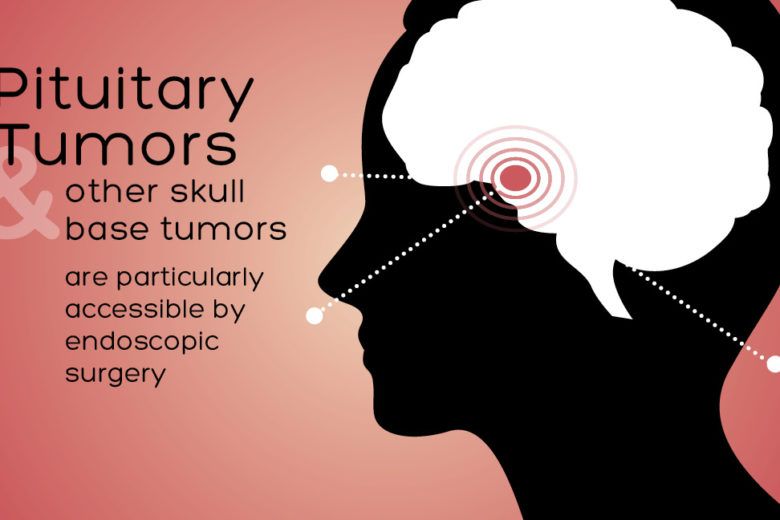
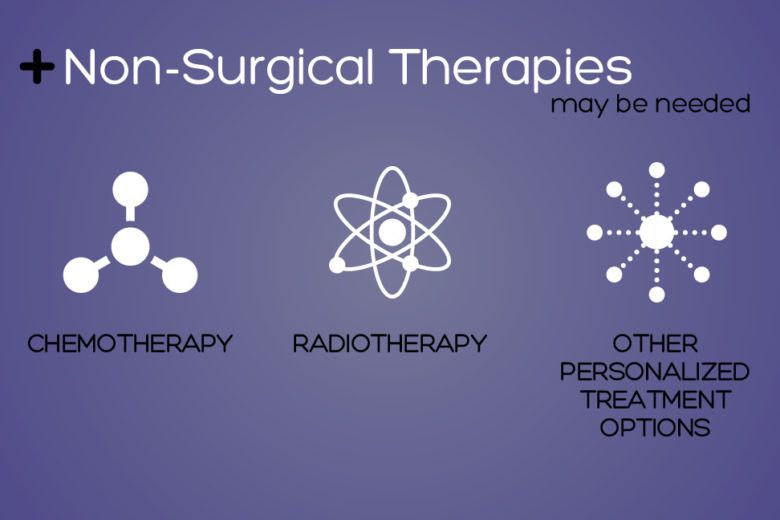
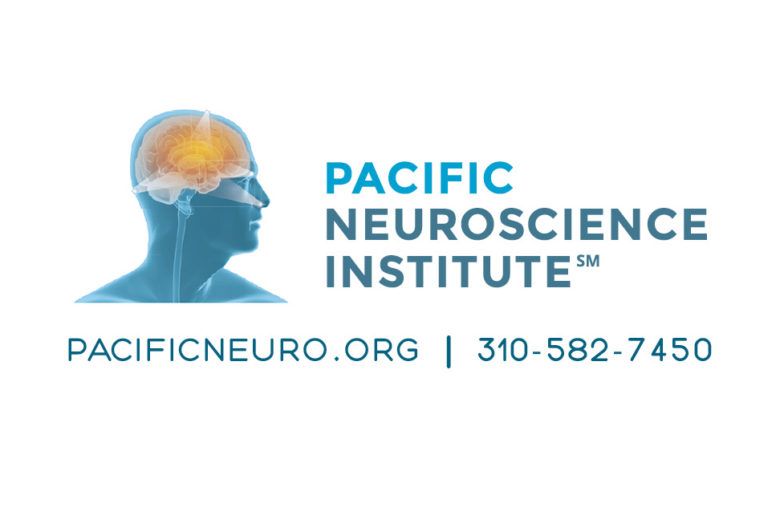
Keyhole Surgery: Endoscopic Approach for Pituitary and Brain Tumor Removal
by Zara Jethani
What is Keyhole Surgery? In the past, traditional approaches to brain tumor removal always involved major surgery. In a recent paper published in Journal of Neuro-Ophthamology, Dr. Daniel Kelly and his colleagues detail how significant advances in surgical techniques over the past 20 years have changed...
PHYSICIAN SPOTLIGHT: Dr. Chester Griffiths’ Legacy of Care
by Zara Jethani
Dr. Chester Griffiths has a knack for making people feel at ease right away. His easy-going manner and friendly disposition complement his considerable surgical experience and expertise. Along with Dr. Daniel Kelly at the Pacific Neuroscience Institute, he is co-surgeon in endoscopic endonasal pituitary and skull base surgeries, and provides post-operative...
Happy Birthday, Dr. Cushing!
by Sharmyn McGraw
Celebrate Cushing’s Awareness Day! Founded on April 8th to honor Neurosurgeon Harvey Cushing born on this date in 1869, Cushing’s name is commonly associated with his most famous discovery, Cushing’s disease. In a 1912 study, he reported an endocrinological syndrome caused by a malfunction of...
PATIENT STORY: Seeing Clearly After Pituitary Adenoma Surgery
by Sharmyn McGraw
There is a pea-sized structure at the base of the brain called the pituitary gland. It doesn’t look like much and it could be easy to overlook, but don’t underestimate the power of the pituitary gland. Small, yet mighty, this “master endocrine gland” is part of the...
Adapting to a Chronic Condition
by Sharmyn McGraw
by Guest Writer Dr. Patti Johnson It takes Two – You and Your Support Team A chronic condition is one that persists over time without an easily definable beginning, middle and end. After being diagnosed with a chronic condition, such as some types of brain...
PATIENT STORY: A Tale of Two Cushing’s Surgeries
by Zara Jethani
Rae lives on a 9000 acre ranch in Northern California, is a wife, a mother of four teenagers and is in remission after the removal of pituitary tumors which caused her to develop Cushing’s Disease. Rae grew up as an Army brat and went to 22 countries before she was 20 years old. She says, “It...
Brain Cancer Research: Stepping Stones to Brain Cancer Cure
by Zara Jethani
In August, former president, Jimmy Carter, was diagnosed with advanced melanoma, a deadly form of skin cancer that spread to his liver and was found in four spots in his brain. He is being treated at Emory University’s Winship Cancer Center in Atlanta with focused...
Last updated: May 5th, 2022
